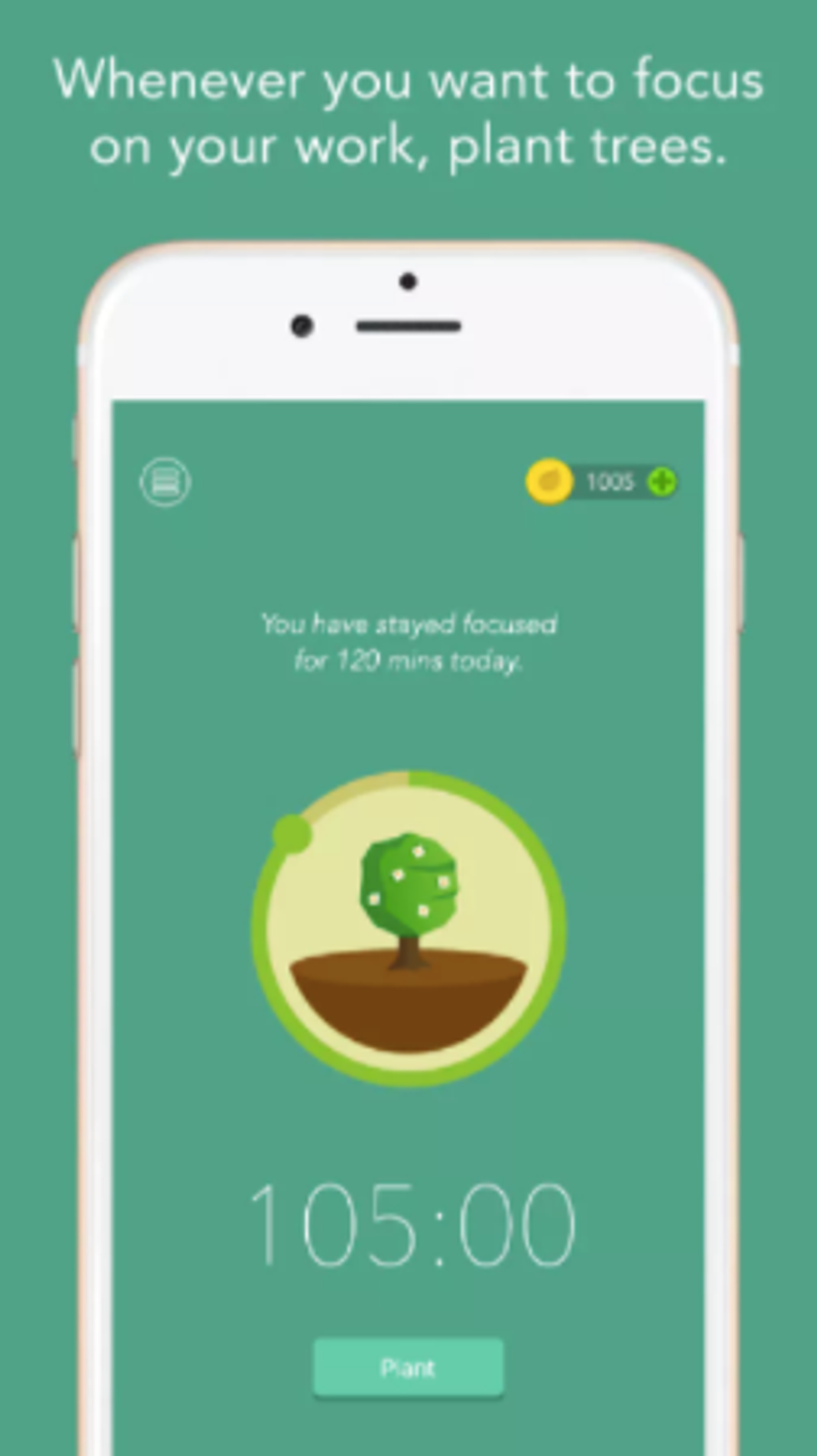As I procrastinate studying for my next exam, I figured I’d share some of my most commonly used study tips. It’s so rewarding to finally see your hard work pay off when you find a study method that works for you.
1. The Forest app
This app lets you plant a tree when you want to focus and prevent yourself from using your phone. You set a period of time to focus and if you touch your phone or leave the app before the time is up, your tree dies. It’s a great visual way to give yourself an incentive to focus. You can also use virtual coins to plant real trees, so you’d be benefiting the environment with your studies too!
Other tools like Google Chrome extensions that block your distracting websites can also be super helpful in forcing yourself to focus. One of my favorites is called Stayfocusd, which will hold you accountable and make it so you can no longer make excuses.
2. Underline/highlight
I like to print out my lecture slides and underline important information. It’s also helpful to print out lectures because you can annotate them with extra information that the professor throws in or to put concepts in your own words. It’s better to try to explain it in your own words so you can better understand the concept rather than just copying a definition or diagram straight from the lecture or textbook.
3. Write and rewrite!
After underlining the important information in my lectures, I write all of it down on a sheet of paper to create a summary sheet. You can make it all pretty if you like with bubbles and boxes around certain topics and different colored pens, whatever works for you! Just make sure you aren’t spending more time decorating your sheet than actually studying the content. If I have time after, I type up the notes and save it to my desktop. This is also helpful for when I want to upload it on to OneClass, a place to upload and view notes from students all over. You can also rack up points to redeem “unlocks” to access other students’ documents or to earn gift cards or cash rewards.
4. Flashcards!
Flashcards have recently become my life. They are especially helpful when you have a class with a lot of terms or dates to remember, such as psychology or American government. Instead of making them on paper and carrying around hundreds of index cards, I like to use Quizlet, which lets you make online flashcards for free.
The “Learn” option is my favorite because it uses different methods to test whether you’re retaining the information. There are also other options to test your knowledge and retention. It’s available both online and on an app so you can take your flashcards with you and study on the go!
5. Start at least four days in advance!
I used to cram all of my lectures in the night or two nights before my exam, and then I would yell at myself for my less than satisfactory grades. But ever since I started studying a week or so in advance, my grades have drastically improved while my stress levels have dramatically dropped. Your brain can’t retain that much information in such a short amount of time, so spread out the information over a period of a week or even longer if you have the time.
Maybe make a study schedule and plan out how many lectures or chapters you have to get done each night. Procrastinating is hard to overcome, but once you do, your future self will thank you. The feeling you get from doing well on an exam is something you’re going to want to feel again, so you just might get that extra kick of motivation to get you started.
Good luck on your exams! Remember that just getting started is probably the hardest part. Put in the work and time, and see the fruits of your labor reward you.
























